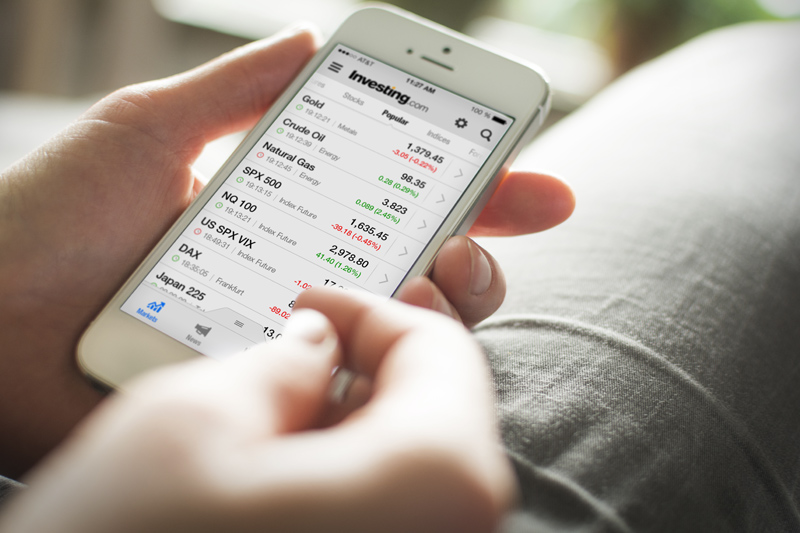(Bloomberg) -- Speculation that the U.K. could be the next major nation with negative interest rates is hurting the pound and driving a record rally in the country’s haven bonds.
Sterling tumbled against a stronger dollar and gilt yields touched fresh all-time lows after Bank of England Deputy Governor Dave Ramsden became the latest policy maker to signal that interest rates below 0% could be a possibility. Traders in money markets are betting the U.K. could see sub-zero interest rates by year-end.
Ramsden’s comments “are broadly in line with other Monetary Policy Committee members this week which have signaled that the BOE is giving serious consideration to putting in place negative rates,” said Lee Hardman, a foreign-exchange strategist at MUFG. “I don’t think it would surprising to see the pound fall back towards the March lows if negative rates were put in place.”
The pound slid 0.4% to $1.2176, taking its losses this quarter to 1.9%, making it the worst performer among Group-of-10 major peers. It fell to a 35-year low of $1.1412 in March as London, the world’s largest foreign-exchange trading hub, headed for a lockdown as the coronavirus spread.
Data out Friday showed a record U.K. budget deficit of 62.1 billion pounds ($76 billion) in April. Retail sales data collapsed by almost a fifth in the same month.
The BOE’s forecasts expect an economic contraction of 14% this year. The pound is also being weighed down by a lack of progress on Brexit trade talks, which could see a so-called cliff-edge exit from a transitional period with the European Union at the end of the year.
BOE Governor Andrew Bailey hinted at his own change of heart on negative rates when giving testimony to parliamentary lawmakers earlier this week. That took two-year gilt yields, which are most sensitive to interest-rate expectations, to a record low below 0%.
The yields fell further Friday in the wake of Ramsden’s comments to a new record at -0.07%, down by as many as three basis points. While the U.K. is boosting debt supply to fund its crisis response, the BOE is soaking up much of that through its asset-purchase program, leading investors to keep buying gilts.
